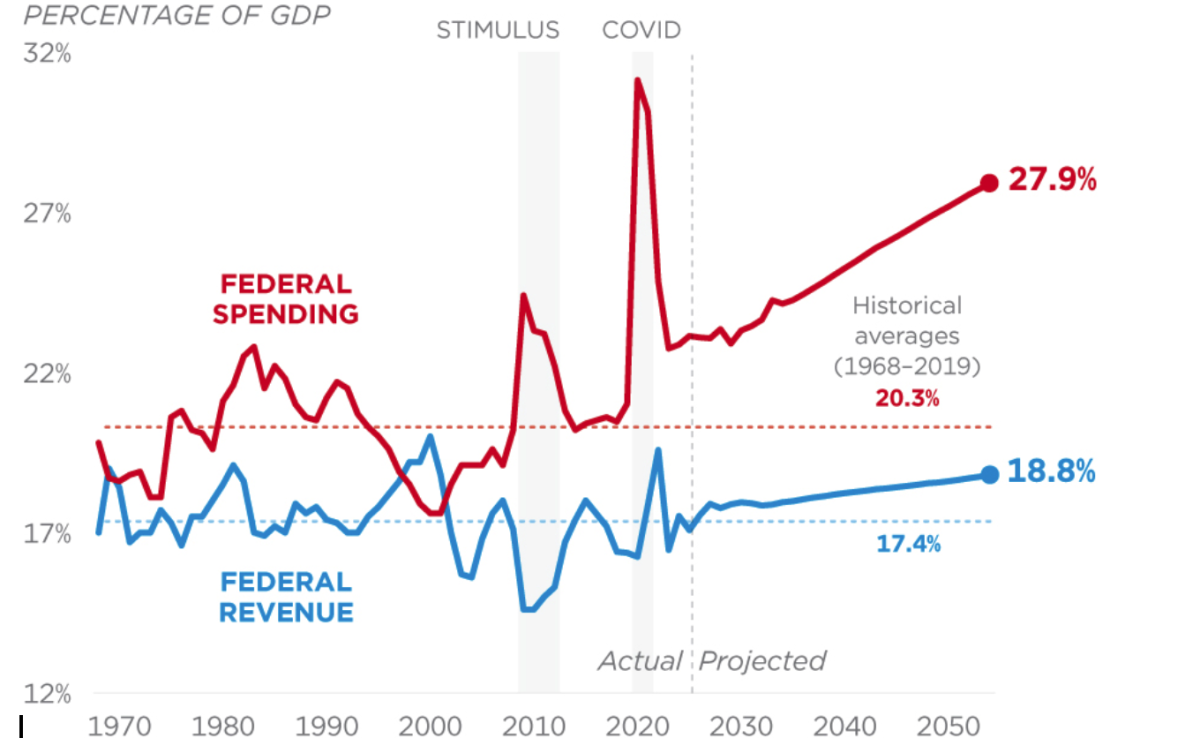A special thanks to Mrs. Chen and Mr. Monahan for their extensive knowledge on politics and eagerness to educate.
Preface
The 21st century has been a stream of unprecedented events. From the first president of color to the January 6th riots, the United States has experienced many shifts in the political sphere. Now, added to the list of firsts is the removal of Republican Kevin McCarthy from Speaker of the House effective Oct. 3, 2023; in the 234 years the House of Representatives has existed, this is the first time a speaker has ever been removed in such a manner. While this removal process had been attempted in 1910, the vote ultimately failed. As many of us students are either unable to vote or are waiting for our first eligible election in 2024, comprehending this situation and understanding what the fallout could entail is key to being politically literate citizens.
The Lead Up
The House of Representatives, prior to former Speaker McCarthy’s removal, was a 222 to 213 split favoring the Republicans. As in all cases, the representatives fall on a spectrum with the majority of Democrats and Republicans being relatively moderate, with the exception of a few extremist groups on each side. In the Republicans’ case, their far-right group is called the Freedom Caucus, founded by current Presidential candidate Ron DeSantis, and with members including Jim Jordan and Lauren Boebert. Prior to being the lead advocate for McCarthy’s removal, Representative Matt Gaetz had tried to create an even more extreme version of the Freedom Caucus. When McCarthy was elected to the Speaker of the House position last January, he had to endure 15 rounds of voting to be confirmed and gave up numerous concessions to several representatives: namely, the motion to vacate, a new rule where one member of the House would be able to call for a motion to have the Speaker’s position voted on again.
As September drew to a close, many news outlets began forecasting a government shutdown on the horizon–the cause of this being the Freedom Caucus. These far-right Republicans were unhappy with McCarthy for allowing a bill to pass in May that would raise the debt ceiling. They were also angered by a short-term bill that moved the possibility of a government shutdown back 45 days from September to late November. They had hoped for an eight percent cut on government spending, a number deemed unreachable by many politicians. McCarthy’s bill would continue funding for government projects at their current rates for the established period of time: the opposite of what some Republicans wanted to happen. It is believed that when this continuing resolution (CR to fund the government for 45 days) passed through the House and went on to the Senate, there was–at a minimum–one Democratic senator who stipulated that it would receive their vote only if a future vote on continuing Ukraine funding was promised. Furthermore, it is believed this senator received this promise, presumably from Mitch McConnell and McCarthy. The Republican party has been less united on a stance concerning Ukraine funding, with Gaetz particularly not wanting this vote to happen considering his small-government stance. He looked down upon McCarthy supposedly making this “deal” with Democrats and subsequently called a vote on McCarthy’s speakership.
The Vote
“When I walked through the doors of the House chamber and onto the floor for the vote, the first thing I saw was about 200 reporters up in the gallery,” said Rep. Jeff Jackson (NC) via TikTok (@jeffjacksonnc). “That’s not normal. Then they banged the gavel and brought us into session and everybody sat down and got really quiet. That’s not normal, either. The thing is, no matter how long any of these people have served in Congress, none of them have ever seen this happen before.”
Because McCarthy was a Republican representative, and had made it clear that he would not negotiate directly with the left, eight Republicans (five of them being in the Freedom Caucus) voted for McCarthy’s removal, and zero Democrats voted to keep him. The landmark decision came as a shock, something that has never happened before. When a reporter asked McCarthy if he had any advice for future Speakers, he said “Change the rules.”
The Aftermath
As the dust continues to settle over the House, there remains an abundance of uncertainty around who the next Speaker of the House will be and how this fallout will affect the Republican party going forward. The public has learned that after 9/11, the Speaker is allowed to have a private list of who they deem should be Speaker if he or she is unable to serve. McCarthy’s interim Speaker of the House is Rep. Patrick McHenry (NC)–one of McCarthy’s close friends who will serve as Speaker until a new one can be elected. In terms of the next permanent, elected Speaker, Steve Scalise had originally won the majority Republican vote on Oct. 12 and was expected to continue as the official nominee. However, Scalise announced that he would be dropping out of the race as he was unable to secure the minimum number of votes he needed to be elected by the full chamber. Some have theorized that McCarthy might attempt to run again, but he made it clear that he has no intentions of doing so.
“I will not seek to run again for Speaker of the House,” said McCarthy via Twitter (@SpeakerMcCarthy). “I may have lost a vote today, but I fought for what I believe in-and I believe in America. It has been an honor to serve.”
As of Oct. 25, Mike Johnson was elected as the Speaker of the House.
The long-term effects of what McCarthy’s removal means for US politics are still yet to be seen. The division in the Republican party could bode poorly for the upcoming 2024 election. It is clear that the blame for the pending government shutdown, when the current CR expires, could fall into the laps of the Republicans. It is important as future voters that we stay informed and hopeful for a more unified future.
“No matter where you fall on some ideological spectrum, we are all in this together,” said AP US History Teacher Mr. Monahan. “Despite what happened this week, being more engaged and better informed will hopefully lead to transparency and productivity in our Congress.”
This is a constantly-changing situation and is factually accurate up to the date of publication, this is subject to change.
Edited by Cece Schrader












